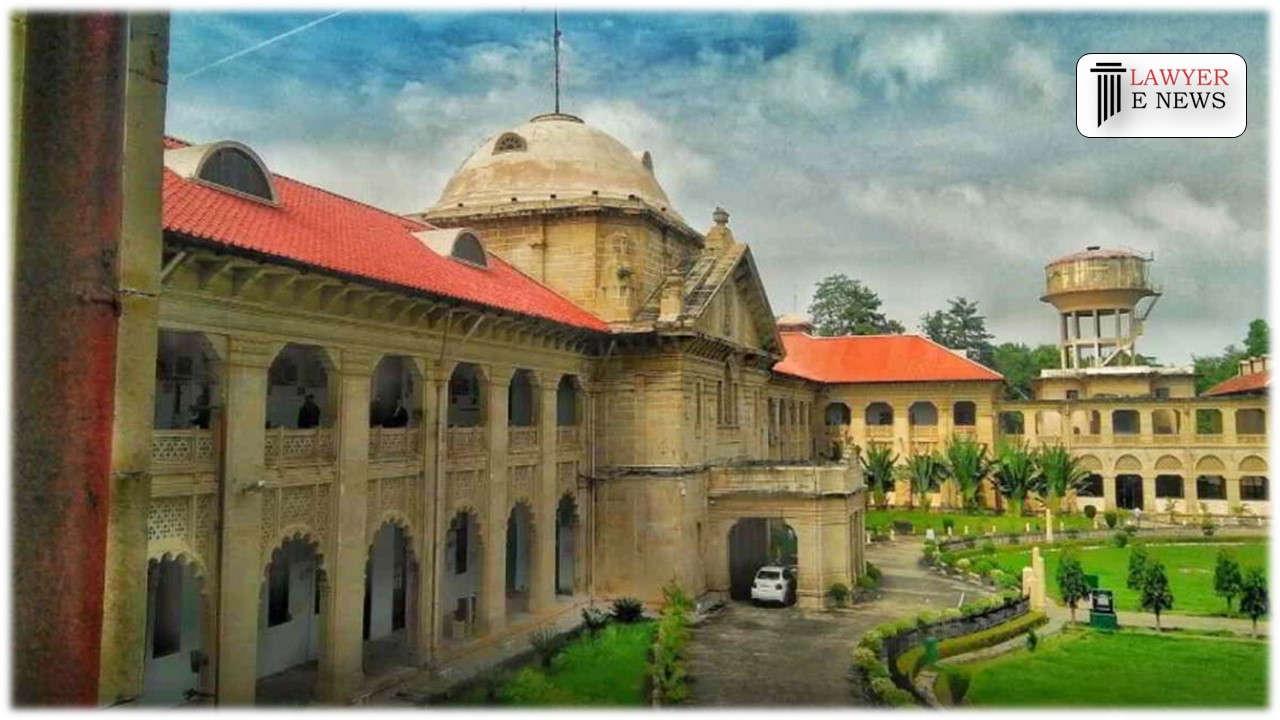-
by sayum
18 February 2026 8:14 AM



The Allahabad High Court has upheld the acquittal of six individuals accused in a case involving charges of murder, assault, and robbery. The appeal filed by the State of U.P. against the acquittal was dismissed, with the High Court finding that the prosecution failed to provide credible evidence to prove guilt beyond a reasonable doubt.
The incident, which took place on November 9, 1982, involved a group of accused, including Ram Murat, who allegedly assaulted Prabhawati Devi and her family members. The victims claimed that the accused were armed and had committed robbery, leading to Prabhawati's death. The trial court acquitted the accused on December 8, 1983, citing benefit of doubt due to inconsistencies in the prosecution's case.
The court highlighted significant inconsistencies in the testimonies of key prosecution witnesses, Basanti (P.W.2) and Sukhwanti (P.W.3). These witnesses were found to have made embellishments and improvements over their initial statements. The court noted, “The testimony of P.W.2 and P.W.3, who are injured witnesses, is based on marked improvements, which has been adhered to by the said witnesses as an afterthought in order to prove the guilt against the accused respondents.”
The defense presented evidence of injuries sustained by accused Ram Murat, which the prosecution failed to explain. Additionally, a counter-case filed by the accused prior to the FIR was brought to light. The court observed, “Non-explanation of injuries on the person of the accused Ram Murat would create doubt as to whether the prosecution has brought on record the real genesis of the incident or not.”
The FIR was lodged seven hours after the incident, whereas the accused had filed a report earlier in the day. The court found this delay suspicious, stating, “The FIR had been lodged at about 2:00 p.m., i.e., after about seven hours of the incident, while the information in respect of the same incident and sustaining injuries by Ram Murat was reported at the police station at 12:10 p.m., prior to lodging of the instant FIR, which further creates a serious dent in the prosecution story.”
Initial allegations of robbery were found to be false during the investigation, further weakening the prosecution's case. The court remarked, “The charge under Sections 382, 394 IPC has been dropped, which clearly shows that the prosecution is not coming up with clean hands.”
The court also considered the previous enmity between the parties, which could lead to false implications. The court noted, “Previous enmity is a double-edged sword and possibility of false implication under the said circumstance cannot be ruled out.”
Decision: The High Court upheld the trial court's decision to acquit the accused, finding that the prosecution's case was riddled with inconsistencies and lacked credible evidence. The court concluded, “The acquittal of the accused-respondent is a plausible and justifiable view emanating from the discussion of the evidence available on record and does not suffer from any infirmity or perversity.”
Date of Decision: 17.05.2024
State of U.P. VS Ram Murat and Others
